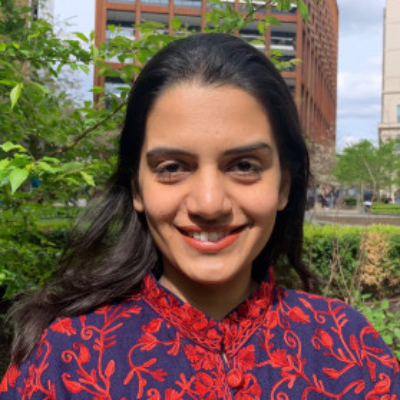International Peace Negotiations
This intensive course taught by senior peace mediator Ameya Kilara will give students a unique window into the world of high-stakes international peace negotiations. It will help students look beyond the headlines on conflicts like Ukraine,Afghanistan and Kashmir and analyze them from a negotiation perspective. The course aims to provide students with a map of the terrain of international conflict resolution, build drafting and negotiation skills, and allow them to experience practice problem solving amidst the real-world challenges of this field.
Week 1 of the course will equip students with core negotiation skills, frameworks, and tools used by negotiators and mediators, and challenge students to engage with the messy interplay between law and politics in complex conflict situations.In addition to developing students’ technical skills and knowledge of peace processes, the course will encourage reflection on how identity plays out in peace processes. In particular, it will critically examine the subjective positions of those intervening in conflict situations from the perspective of race, gender and Global North/South dynamics, with a view to cultivating interventions that center the voices and needs of those directly impacted by conflicts.
Week 2 of the course will be a deep dive into the Kashmir conflict, one of the world’s oldest and most difficult negotiations involving three nuclear states: India, Pakistan and China. This will be an opportunity for students to apply concepts introduced inthe first week, put themselves in the shoes of conflict parties and mediators, and practice problem- solving in the midst of uncertainty and complexity. Through a series of in-class exercises, students will draft and present a range of materials relevant to peace negotiations, including stakeholder maps, advisory briefs, policy memos and note verbales. As students engage in this problem-solving process, they will have the rare opportunity of engaging with and seeking guidance from guest lecturers who are leading experts, including top negotiators, former spy chiefs, and grassroots peace activists.
Teaching methodology
This course will be highly participatory and designed to provide space for individual, peer to peer, and collective learning. The course will require students to proactively engage in the classroom as well as develop working relationships with each other through assignments and group exercises outside of the classroom. Students will be assigned to small cohorts that willwork together throughout the course, which will be a chance for them to develop relationships with their peers. The course will be structured around a combination of lectures, discussions, case studies, group work, and simulations. Students will beexpected to keep a close eye on news related to the themes of the class for the duration of the course and each class will begin with asking students to connect a current issue/topic with concepts from the course. During the course, students will practice drafting and presenting conflict analysis and stakeholder maps, note verbales, policy memos and advisory briefs: under time pressure and with imperfect information that will simulate to some degree the practical challenges of peace negotiations.
Who is this course for?
This course is an introductory course on international conflict resolution and does not require any prior experience or qualifications. Anyone with an interest in peace and conflict would be welcome to participate. The course is particularly relevant to students preparing for careers in foreign policy, international development, conflict resolution, mediation,human rights and transitional justice. The course would also be useful to lawyers who want to hone their negotiation skills and ability to work in complex international environments.
LAW 5106 | 2 Units | Grading: Law Mandatory P/R/F
Instructor
Ameya Kilara
Ameya Kilara is a lawyer and award winning peace mediation expert. She is currently a senior projects director at Inter Mediate, London, an organisation that provides confidential strategic advice and negotiation support to Heads of State and leaders of opposition groups attempting to reach political settlements.

